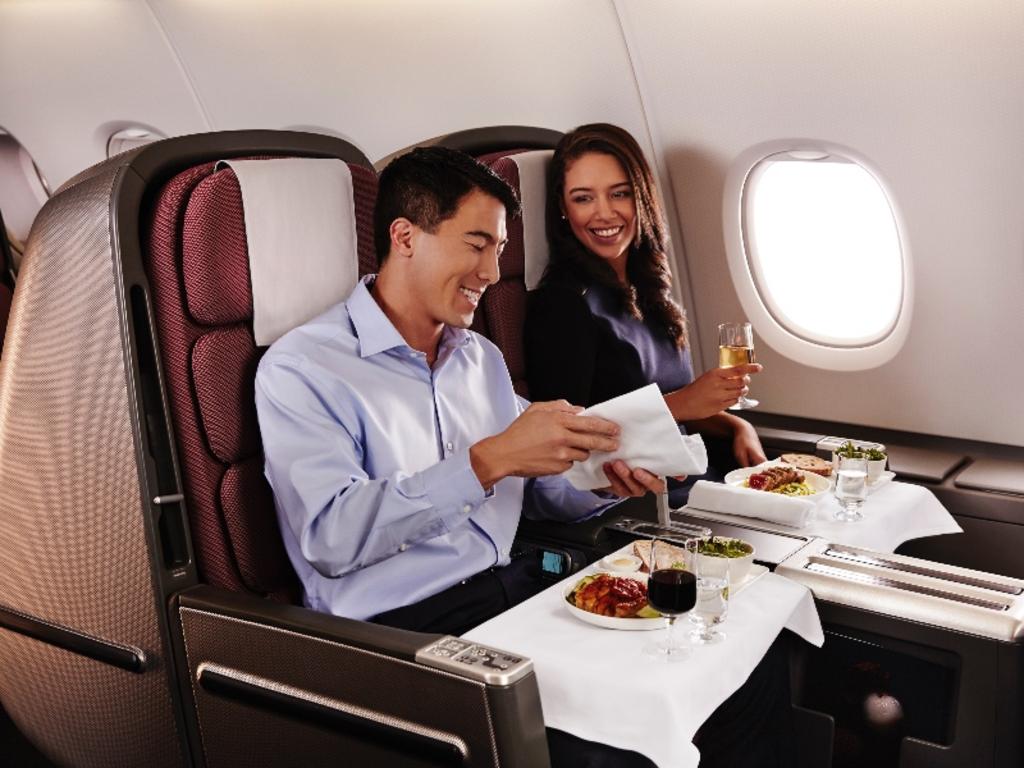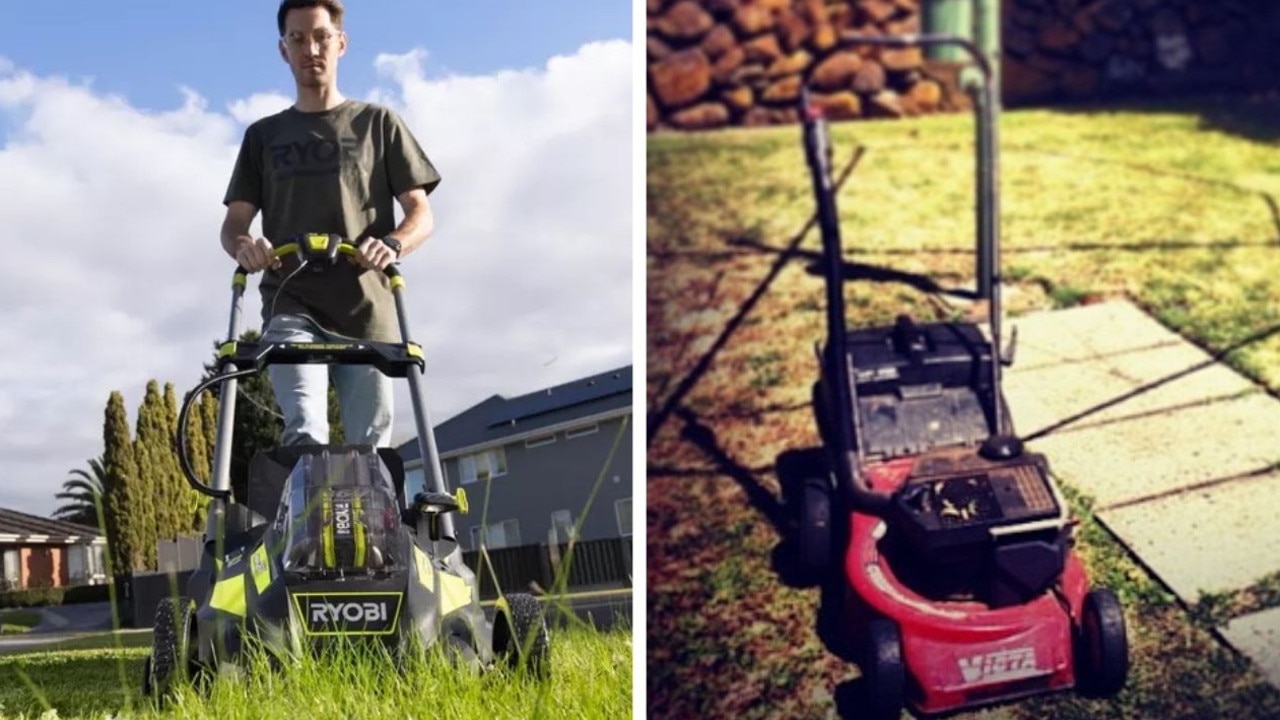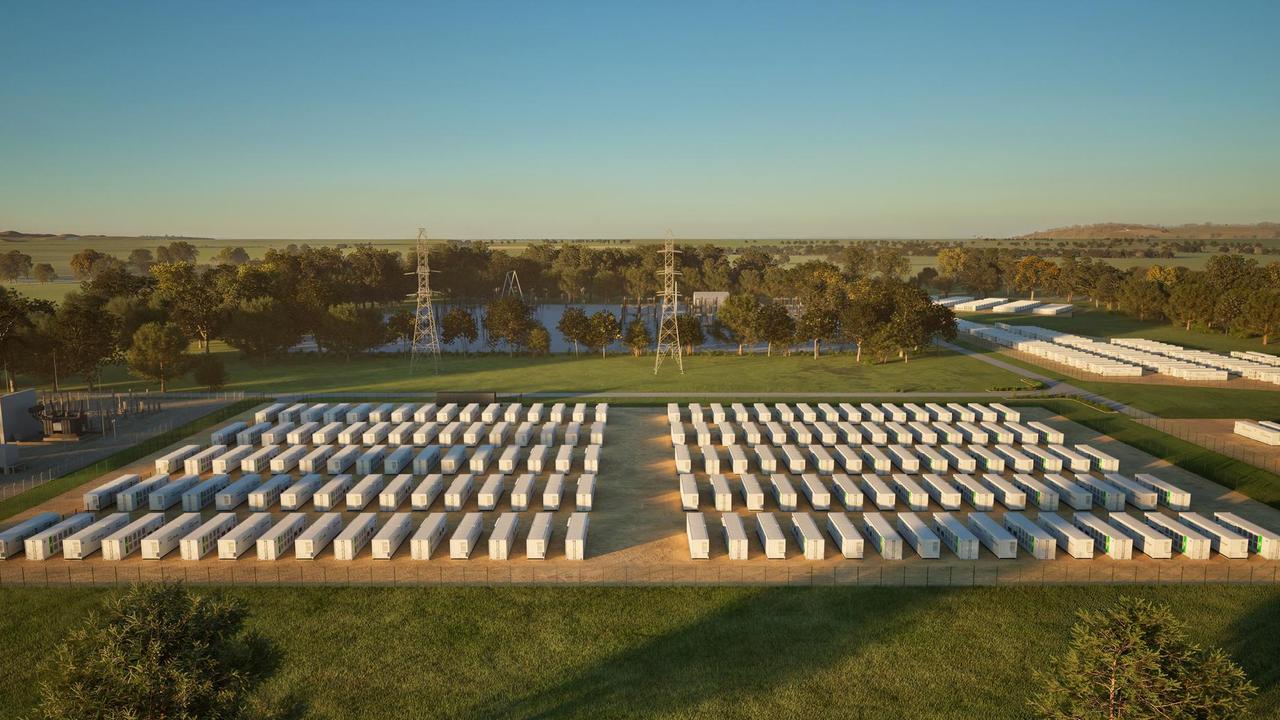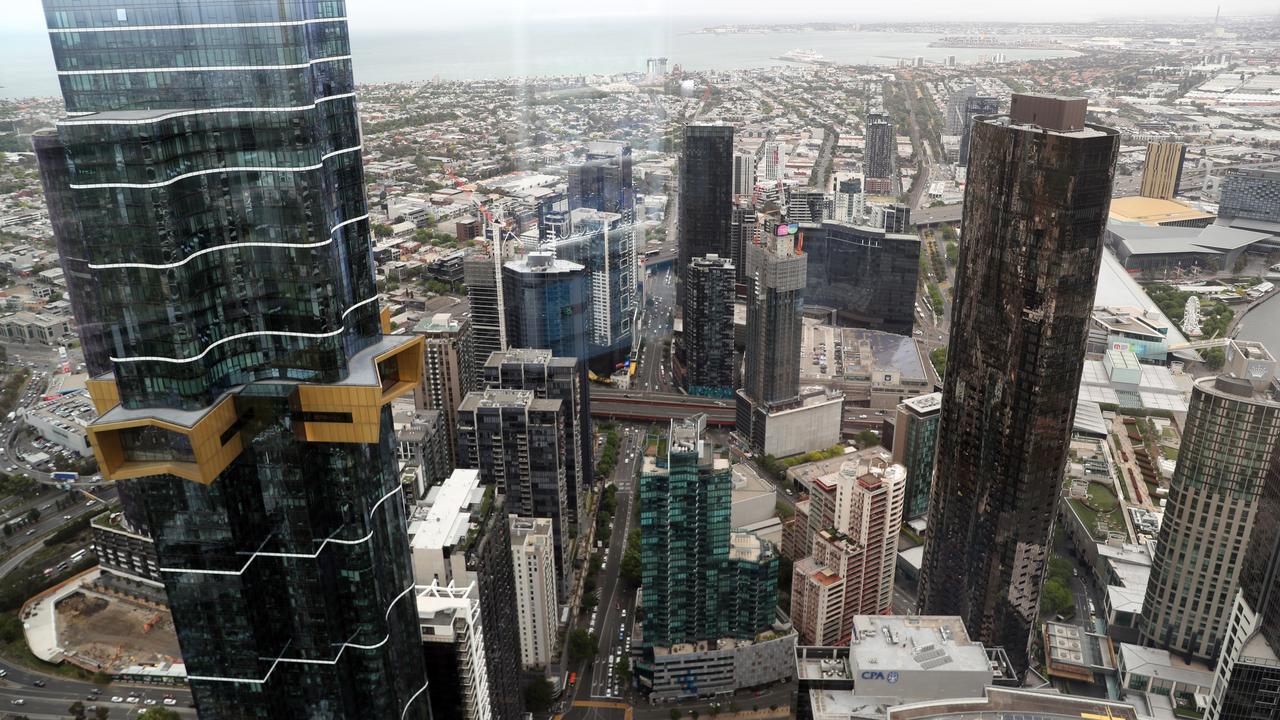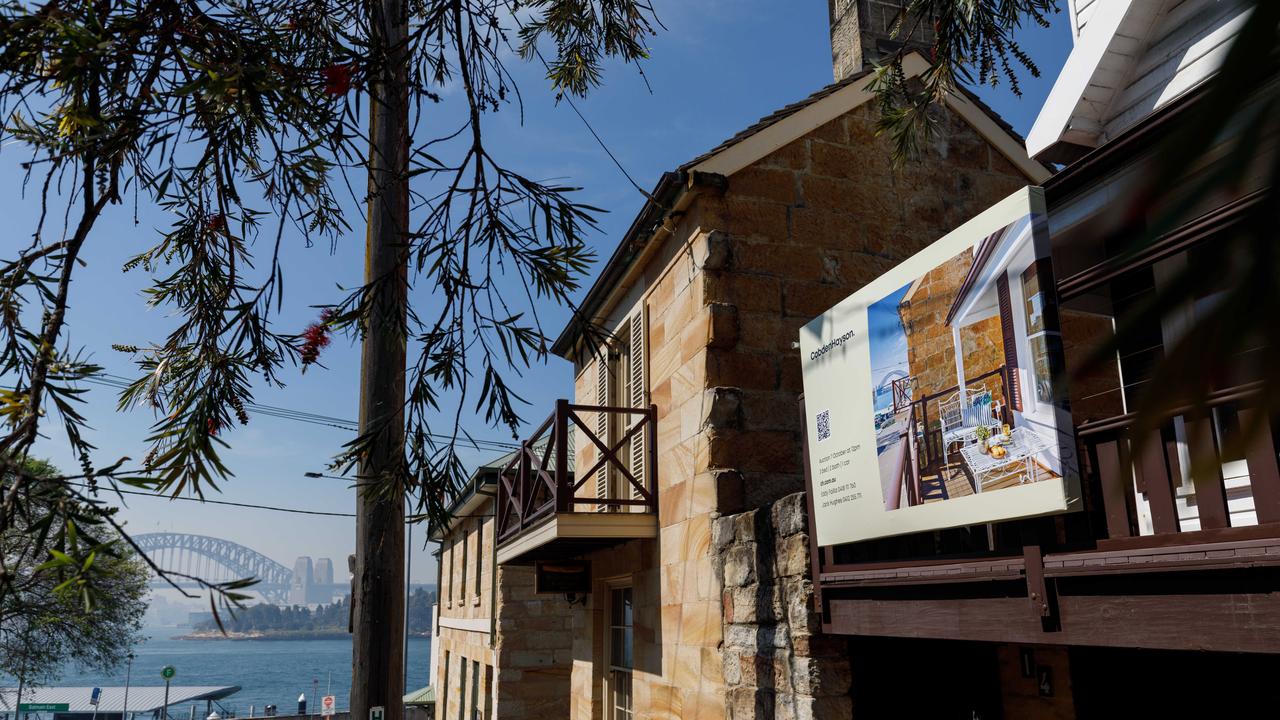Scoring Qantas rewards seats might be about to get easier
It’s possible to find Qantas rewards seats to Europe during summer as the airline bumps up its reward program.
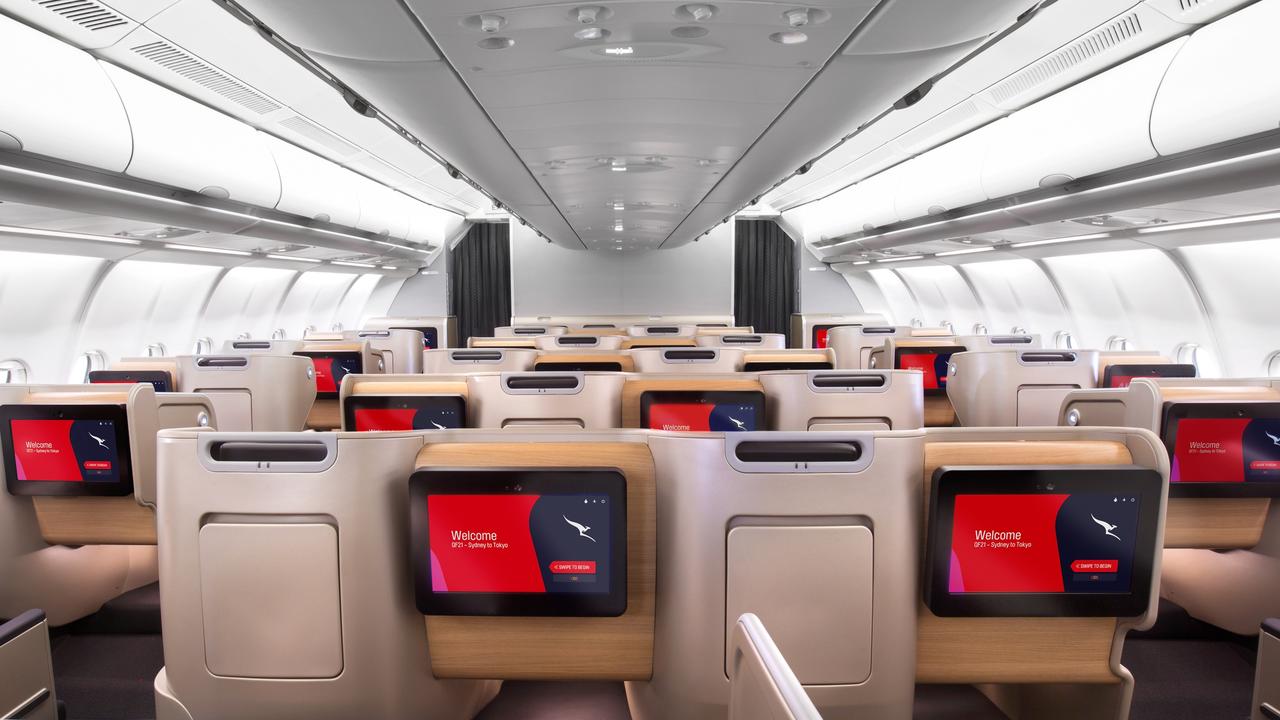
Business
Don't miss out on the headlines from Business. Followed categories will be added to My News.
It’s one year into his job as chief executive of Qantas Loyalty, and Andrew Glance is enjoying the turnaround in customer service metrics that his airline badly needed.
As the man in charge of Qantas Frequent Flyer, appointed by new Group CEO Vanessa Hudson, the 54-year old executive could have been bearing the brunt of anger by members who couldn’t redeem hard-earned points on flights at the time or the cabin of their choice.
Instead, his ascension to the throne of the highly profitable loyalty unit coincided with Qantas unveiling arguably the biggest expansion of its Frequent Flyer program, through a new category called Classic Plus. Launched last April by Hudson and Gance, Classic Plus gives customers access to 20 million additional rewards seats each year.
“Classic Plus has been a game changer for us,” says Glance in an interview that marks his one-year anniversary in March.
“We’ve never hid” from the problem members found, which was a lack of “availability” of rewards seats, Glance says. This was particularly the case after Covid when the airline struggled with a barrage of customer service issues on top of a shortage of aircraft and crew and pent-up demand for travel from cooped up Australians.
“The success of Classic Plus has demonstrated it was absolutely the right move as a business in terms of addressing that pain point,” says Glance. “Member uptake has been phenomenal.”
It’s easy to see why. This journalist was pleasantly surprised to find decently priced reward business class seats using Classic Plus available for long-haul flying to Europe for the June-July school holiday period.
That’s despite the cheapest Qantas airfare on the same day costing $13,809.

It’s a broader trend, with 30 per cent of Classic Plus bookings made since it started last April being for travel in premium cabins. There is four times more reward seat availability and on popular routes during peak periods.
Getting loyalty right matters. British Airways has learned that the hard way after announcing a massive change to its Executive Club program in December (similar to Qantas’s tier system) that effectively wiped out most of its loyal customers and would have meant they lost access to lounges and other premium perks. The backlash was instant and forced a backflip of sorts from the flagship carrier.
Glance is happy to admit that his plans for Qantas Frequent Flyer builds on his work under highly regarded former loyalty boss Olivia Wirth, who resigned after the Qantas board picked former chief financial officer Vanessa Hudson instead of her to replace Alan Joyce as chief executive. Wirth is now the executive chair of listed department store giant Myer.
The division earned $511m for Qantas in the financial year ended June 30, 2024.
“They are quite big boots” to fill, he says of Wirth. “In taking over from Olivia, the strategy that I helped her build throughout my time very much remains in place.”
Under Wirth’s command, Glance had previously run commercial partnerships and Qantas business rewards and held several other finance positions across the airline including in-flight operations, catering and in-flight services, since joining Qantas in 2002.
Daniel Sciberras from Points Hacks says that introducing Classic Plus as an additional burn method on top of the existing Classic Rewards seats has been a deft strategy to rebuild customer loyalty – which had been badly damaged during the airline’s post-pandemic years.
“I think people appreciate the availability of these seats,” says Sciberras.
Under the Qantas Frequent Flyer program, Classic Rewards require a fixed number of points, are based on heavily discounted seats and are released for sale as much as a year ahead of a flight.
Classic Plus Rewards usually cost between 1.5 to three times more in points and are linked to the cash price of an airfare. They’ll usually be higher during peak periods and lower during off-peak periods and sales.
“A lot of people are happy to pay a little bit more in points to actually get a seat, rather than Classic Rewards which were hard to find,” says Sciberras.
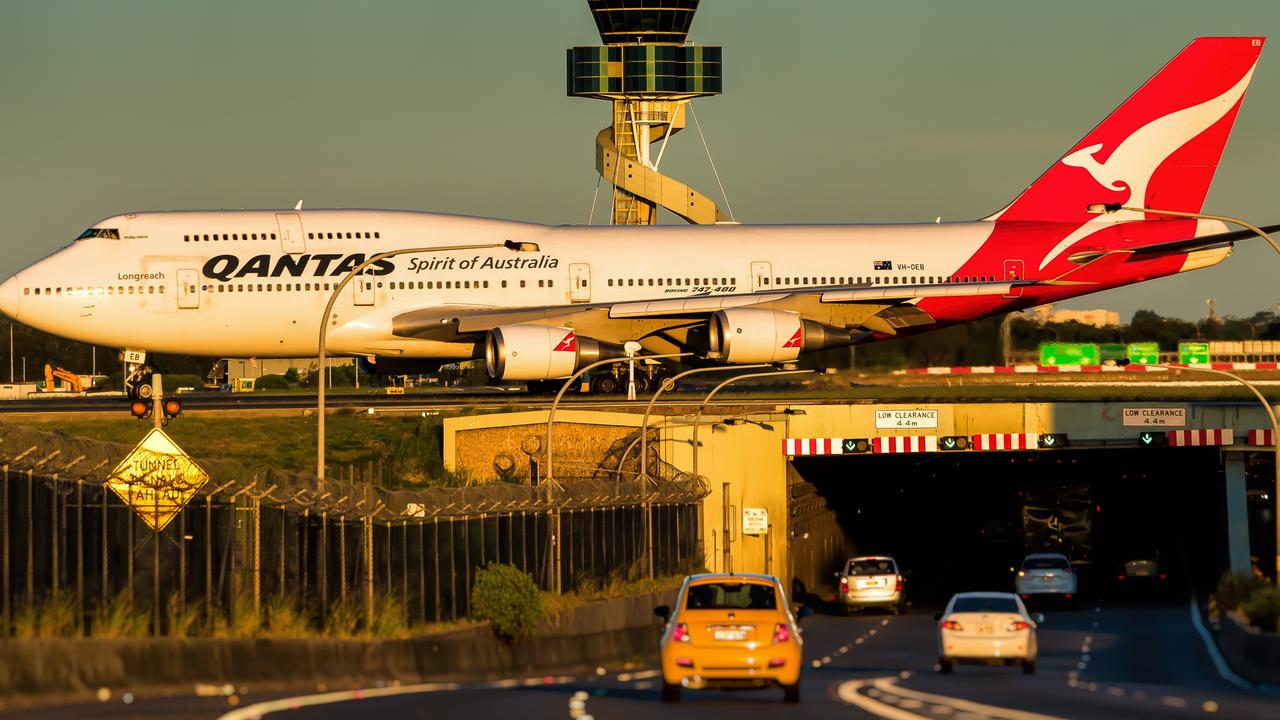
How this new program will impact profitability is still to be seen.
Qantas Loyalty has at times been the highest earning division of the airline group, ahead of its Qantas Airline and Jetstar units, because it makes money selling points to partners such as banks, with 35 per cent of all credit card spend in Australia currently on a QFF co-branded credit card.
Sciberras suspects Classic Plus will have the double whammy of filling seats on a flexible revenue-based model and also of renewing Qantas’s promise to give customers the opportunity to use their points to fly.
“It works very well because members become engaged,” says Sciberras, who believes that increasing the availability of rewards seats is keeping the airline’s passengers on the hook and willing to keep flying Qantas when they can.
“It would have been a bigger cost if they didn’t introduce it,” he says.
Qantas Frequent Flyer hit a record 17 million members in 2024 and the airline said 13,000 Classic Reward seats are booked each day. Bookings for Classic Plus are up three-fold on initial expectations, but Qantas wouldn’t give an exact figure so close to its earnings being released on Thursday.
The airline said a quarter of members booking Classic Plus hadn’t redeemed points on a flight in the last five years, which likely shows these seats are easier to find during periods people want to fly.
While it’s all good news for Qantas, the airline probably realises it needs to sharpen up its game plan, as it may soon move from limited competition to a tough competitor with a global network if Qatar succeeds in buying a quarter stake in Australia’s second biggest airline Virgin.
Neither Qatar nor Virgin would answer questions about whether the Australian airline’s reward points will shift over to the Avios program used by its Doha suitor if the takeover deal is approved.
The Avios points program is owned by International Airline Group (IAG), which owns British Airways, Iberia, Vueling and Aer Lingus.
The points program is also used by Qatar – which owns just over a quarter of IAG – and is also used by Finnair. The loyalty group is in talks to sign on other airlines.
By being a member of any of those airlines’ loyalty programs Australians have already been able to earn and burn Avios points offshore, but the attraction has been weak due to a lack of domestic network. The merger deal currently awaiting government sign-off would change that dynamic.
As for the golden question of how to actually find loyalty seats on Qantas, Virgin or any other airline, there are apps that vow to make the job easier.
Flightseats.io and seatspy.com offer to track them down for eager customers and 2025 could be the year when there are dramatically more to find.
Originally published as Scoring Qantas rewards seats might be about to get easier


